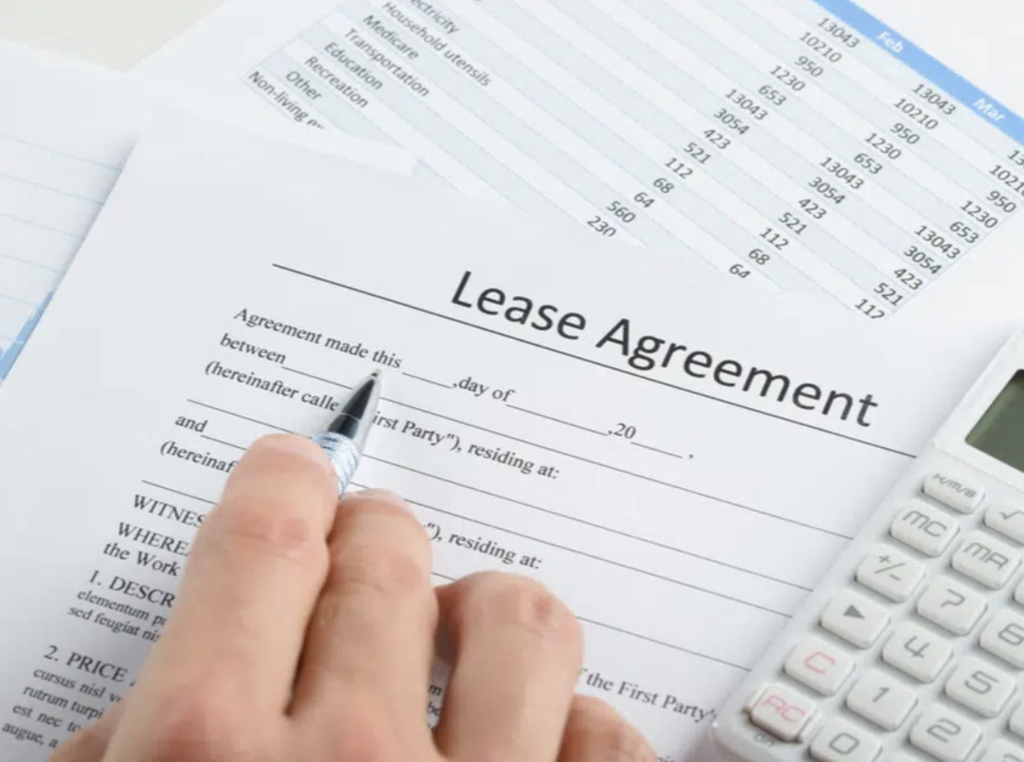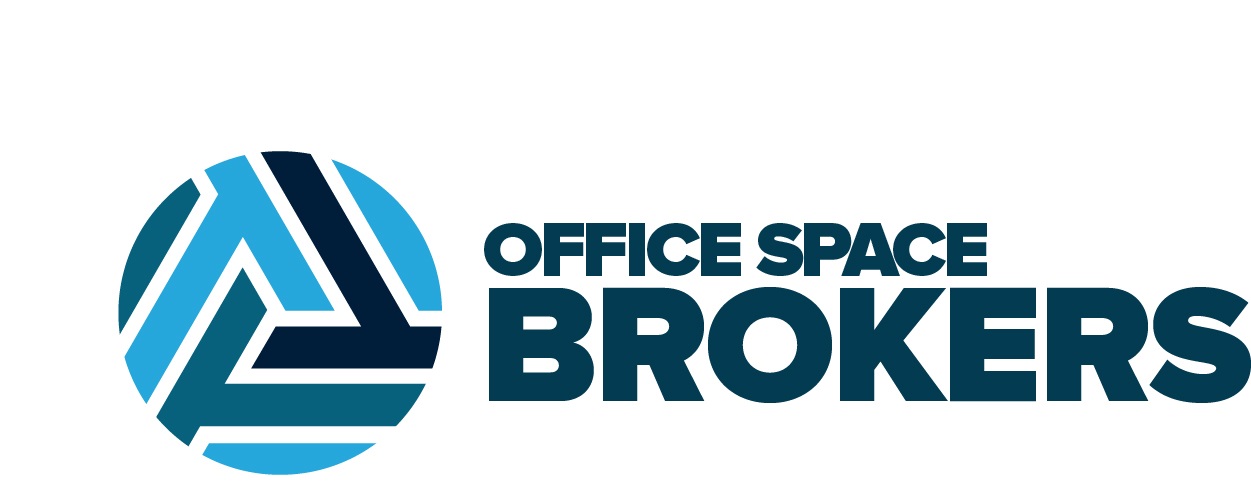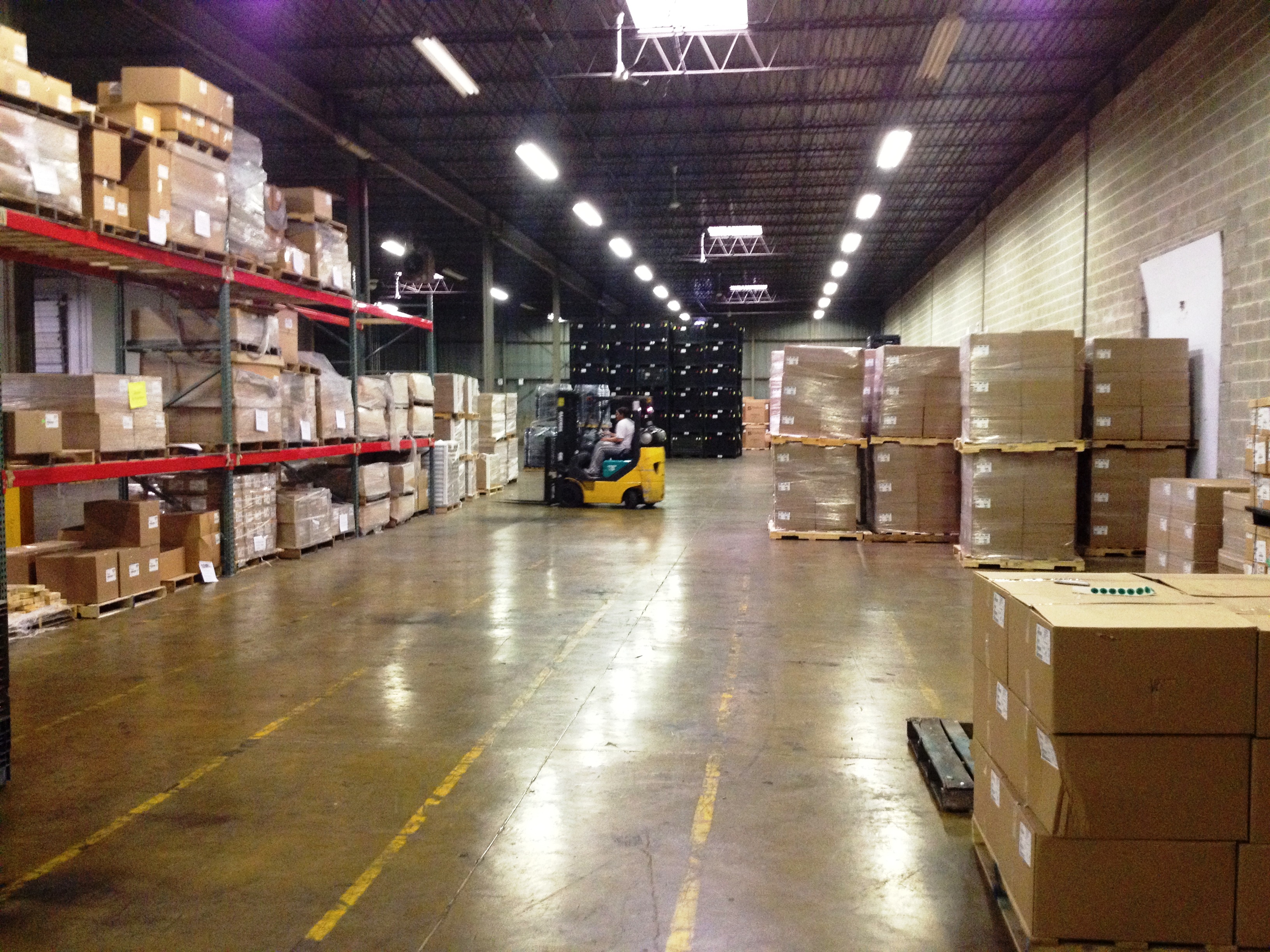
Triple Net Lease, also known as NNN lease, is a commercial real estate lease in which the Tenant is responsible for paying for all or some of the property’s Operating Expenses or sometimes called, Common Area Maintenance. These expenses can include property taxes, insurance, maintenance for common areas costs. In a Triple Net lease, the Tenant not only pays rent but also assumes financial responsibility for the upkeep and maintenance of the property. This type of lease is common in commercial real estate, particularly in retail and warehouse spaces and less likely to come across in office space.
Benefits of Triple Net Leases For Landlords
Landlords can easily project their income stream, as the Tenant is responsible for the expenses associated with the property. There can be years when Real Estate Taxes and Insurance increase, those increased amounts can be passed directly to the Tenants. Landlords can use this predictable income stream to secure financing for additional real estate investments or to reinvest in the property itself. Tenants being responsible for maintaining the property, Landlords can minimize their involvement in the day-to-day management of the property.
Disadvantages of Triple Net Leases For Landlords
If the Tenant fails to pay for expenses such as property taxes or insurance, the Landlord may have to cover those costs, leading to financial losses. Furthermore, if the Tenant is responsible for maintenance, the Landlord may not be aware of issues that arise, leading to potential property damage that could reduce the property’s value.
Benefits of Triple Net Leases For Tenants
Triple Net leases can provide more control over the property and potentially lower costs since they are responsible for maintenance and repairs by choosing which vendors to use or update themselves. Additionally, since Tenants have more control over the property’s upkeep, they can customize the space to fit their specific needs. This can be particularly advantageous for businesses with unique requirements, such as medical offices or laboratories.
Disadvantages of Triple Net Leases For Tenants
Tenants should also be aware of the potential downsides of Triple Net leases. If the property requires significant maintenance or repairs, the Tenant may be responsible for substantial expenses. Property Taxes and Insurance can fluctuate and subsequently may face higher costs if Property values or Insurance rates increase.
Triple Net leases can benefit Landlords and Tenants. Landlords can secure a stable income stream and minimize their involvement in property management, while Tenants can have more control over the property and potentially lower costs. It is essential for both parties to understand the potential downsides of triple net leases, such as financial risks and increased expenses. As with any real estate transaction, it is crucial to carefully review and negotiate the lease terms to ensure a mutually beneficial arrangement.




 In a triple net lease (or NNN lease), the Tenant is responsible for their pro-rated share of the “triple net costs”: taxes, insurance and common area maintenance (CAM). In addition, the Tenant is also responsible for utilities and janitorial. Why then, you may be asking, would any potential Tenants consider a triple net lease agreement as their ideal setting?
In a triple net lease (or NNN lease), the Tenant is responsible for their pro-rated share of the “triple net costs”: taxes, insurance and common area maintenance (CAM). In addition, the Tenant is also responsible for utilities and janitorial. Why then, you may be asking, would any potential Tenants consider a triple net lease agreement as their ideal setting?